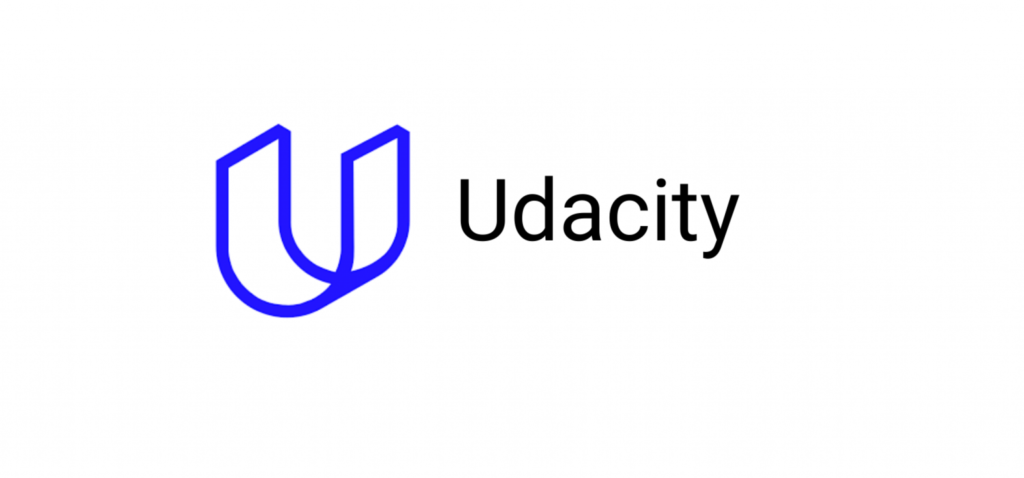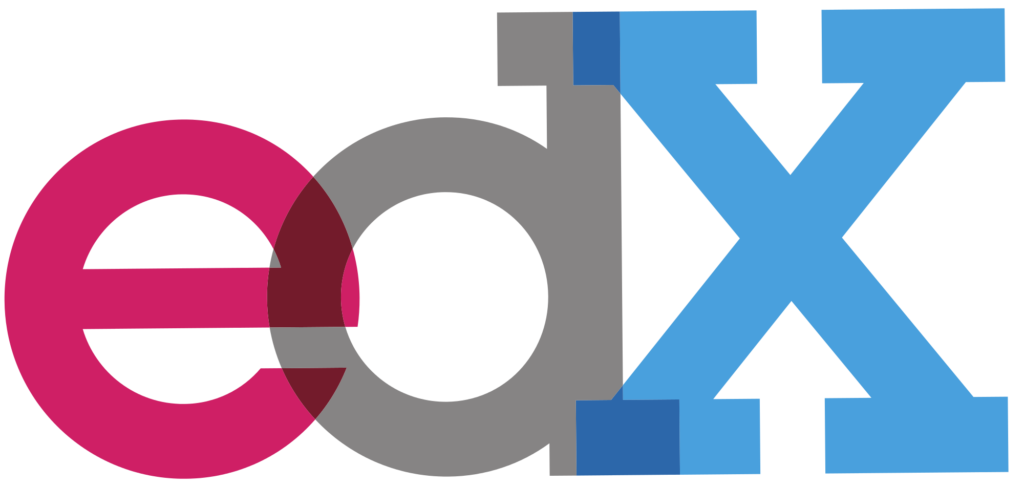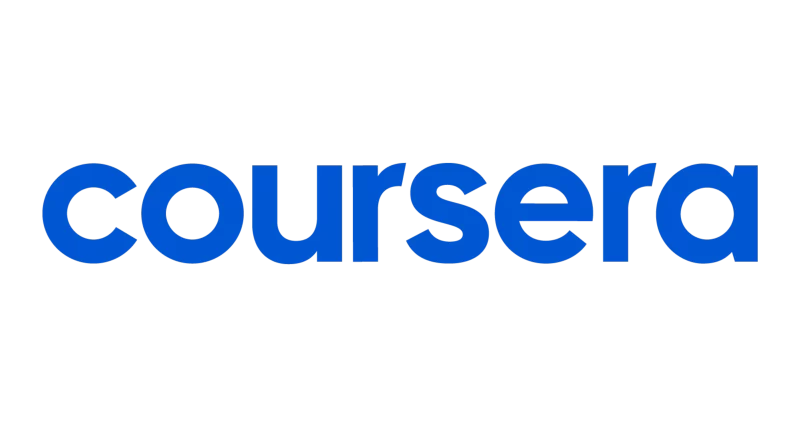In the fast-paced world of online education, where knowledge is power and convenience is key, Coursera has long been a dominant player. With its diverse range of courses and partnerships with prestigious institutions, Coursera has carved a niche for itself in the e-learning landscape. However, just as there’s more than one path to success, there are numerous alternatives to Coursera that offer unique advantages and cater to a variety of learning styles. In this comprehensive guide, we’ll delve into the world of online learning platforms, exploring the features, limitations, and factors to consider when choosing the perfect Coursera alternative.
Coursera’s Features and Distinctiveness
Coursera boasts a remarkable array of features that have contributed to its widespread popularity. From courses offered by renowned universities to flexibility in learning schedules, Coursera has set a high bar. Its Specialization, allowing learners to master a specific skill set, and its extensive range of subjects, from computer science to humanities, are both noteworthy aspects.
However, even the most polished diamond has its facets. Coursera’s limitations are not to be overlooked. While some courses offer free access, many premium courses come with a price tag. Additionally, while the platform excels in structured learning, it might not suit those seeking more self-directed and informal learning experiences.
Why Look For A Coursera Alternative?

As the saying goes, variety is the spice of life. While Coursera undoubtedly offers a wealth of opportunities, there are compelling reasons to explore alternatives. Here’s why:
1. Diverse Learning Approaches
Every learner is unique, and so are their preferred learning approaches. Coursera might cater exceptionally well to structured learners, but if you’re more inclined towards hands-on projects, interactive simulations, or self-paced journeys, alternatives can offer a more tailored fit.
2. Cost Considerations
While Coursera provides access to quality education, budget constraints might come into play. Many Coursera alternatives offer free courses or more affordable options, making learning accessible to a broader audience.
3. Niche Expertise
If you’re delving into a specialized field or seeking in-depth expertise, alternatives might have more focused and niche courses that align with your goals. Whether it’s a technical skill, creative endeavor, or academic pursuit, exploring alternatives can lead you to precisely what you’re looking for.
4. Unique Certification Paths
Certifications are often a motivation for learners. Some alternatives offer certifications from specific industries or renowned experts, bolstering your credentials in a distinctive way that aligns with your career aspirations.
5. Learning Environment Preferences
Different platforms offer varying learning environments. Some might emphasize community engagement, discussions, and peer collaboration, while others prioritize individual learning paths. Depending on your preferences, you can opt for an alternative that resonates with your desired learning atmosphere.
The Quest for Coursera Alternatives

With the ever-evolving landscape of online education, the need to explore Coursera alternatives has become increasingly important. Different learners have different needs, and the one-size-fits-all approach might not be optimal for everyone. So, let’s dive into a world of options, each presenting its own unique bouquet of opportunities.
1. edX: The Academic Powerhouse
Founded by Harvard and MIT, edX stands as a prominent competitor to Coursera. Offering courses from top-tier universities, edX caters to those who seek a rigorous academic experience. From computer science to humanities, edX covers a wide spectrum of subjects, giving learners a chance to earn verified certificates and even full-fledged degrees.
2. Udacity: For the Tech Enthusiasts
If you’re venturing into the tech realm, Udacity is a name to remember. Focused on tech-related courses, Udacity’s nanodegree programs provide hands-on projects that simulate real-world challenges. This platform is a hotbed for those looking to master coding, AI, and other cutting-edge technologies.
3. Khan Academy: Where Learning is a Free Treasure
For those who believe that education should be free and accessible to all, Khan Academy is a beacon of light. Catering predominantly to K-12 education, this platform provides a wealth of resources covering subjects from math to history. It’s an ideal Coursera alternative for students of all ages.
4. Udemy: The Bazaar of Learning
In the bustling marketplace of online education, Udemy stands out as a platform where individual instructors can create and sell their courses. This results in an eclectic mix of subjects, teaching styles, and expertise. From photography to marketing, Udemy is a treasure trove of diverse knowledge.
5. Skillshare: Igniting Your Creativity
If you’re looking to unlock your creative potential, Skillshare is your artistic sanctuary. Focused on creative and artistic subjects, this platform offers a plethora of classes taught by seasoned professionals. Whether it’s painting, writing, or graphic design, Skillshare empowers your artistic journey.
6. FutureLearn: A Global Classroom
Owned by the Open University in the UK, FutureLearn brings a global classroom to your doorstep. Collaborating with universities and cultural institutions worldwide, this platform offers diverse courses that encourage social learning and cultural exploration.
7. LinkedIn Learning: Elevate Your Career
Formerly known as Lynda.com, LinkedIn Learning is all about professional development. With courses spanning business, technology, and creative fields, this platform equips you with the skills needed to excel in today’s competitive job market.
8. Pluralsight: Tech Learning Evolved
When it comes to technology-focused learning, Pluralsight is a force to be reckoned with. With in-depth courses and learning paths, Pluralsight caters to software developers, IT professionals, and anyone seeking to master the digital landscape.
9. Codecademy: Cracking the Code
Codecademy focuses exclusively on coding and programming languages. With its interactive coding lessons, this platform transforms complex coding concepts into accessible learning experiences, making it a haven for aspiring programmers.
10. Coursera for Business: Corporate Learning Redefined
For enterprises seeking to upskill their workforce, Coursera for Business is a tailor-made solution. It offers courses and content specifically designed for corporate training and development, ensuring that businesses stay ahead in a rapidly changing world.
11. iversity: European Flair in Education
iversity brings a touch of European diversity to the e-learning scene. Collaborating with institutions across the continent, it offers a range of courses that reflect the rich cultural tapestry of Europe.
12. Open edX: The Open-Source Trailblazer
Open edX is an open-source platform that empowers institutions and organizations to create their own online courses. It’s a flexible and customizable alternative for those looking to build a unique learning experience.
13. Canvas Network: Canvas’s Learning Universe
Built on the Canvas learning management system, Canvas Network offers a variety of courses from various universities and institutions. It’s an engaging option for those seeking a dynamic and interactive learning environment.
14. MIT OpenCourseWare: A Wealth of Knowledge
While not interactive courses, MIT OpenCourseWare provides access to a vast array of course materials from MIT’s actual classes. It’s a goldmine for self-learners hungry for top-tier education.
15. Saylor Academy: Education for All
As a nonprofit organization, Saylor Academy is committed to providing free courses across various subjects. With a mission to make education affordable and accessible, it’s an excellent resource for learners of all backgrounds.
Factors to Consider When Choosing Your Perfect Alternative

As you embark on your journey to find the ideal Coursera alternative, several crucial factors should guide your decision-making process:
1. Learning Style and Goals
Your preferred learning style and educational objectives should shape your choice. Determine whether you thrive in structured environments, prefer hands-on experiences, or crave self-paced learning journeys.
2. Course Diversity
Evaluate the breadth and depth of courses offered by each alternative. A platform that aligns with your diverse interests ensures that your learning experience remains engaging and fulfilling.
3. Accreditation and Certification
Consider whether the alternative offers recognized certificates or degrees. Accreditation from reputable institutions lends credibility to your educational achievements.
4. Cost and Value
Balancing the cost of courses with the value you’ll gain is essential. While some platforms offer free options, others provide premium courses with added benefits. Make a choice that aligns with your budget and learning aspirations.
5. User Experience and Interface
An intuitive and user-friendly interface enhances the learning journey. Interactive features, ease of navigation, and clear course structures contribute to a positive educational experience.
Conclusion
In conclusion, the world of online education is a tapestry woven with myriad options. While Coursera shines with its own brilliance, alternatives offer a range of unique shades. Your learning journey is as individual as you are, and the perfect alternative awaits to be discovered.







![[pii_email_46213ff90857da8bdb28] Error](https://rocketfiles.com/wp-content/uploads/2023/03/pii-email-f6815c801e7d702fe915-380x250.jpg)

